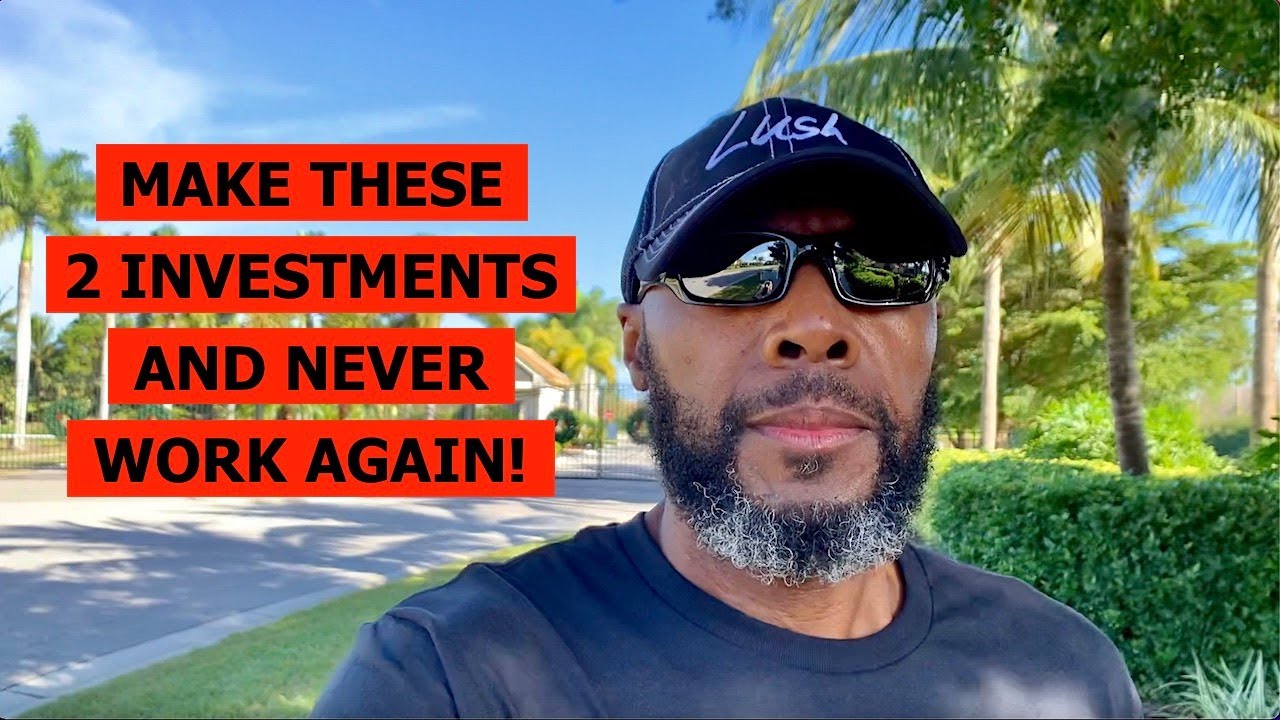Learn how cutting out unnecessary expenses like books, brand new cars, souvenirs, and more can lead to financial freedom and smarter investments for a better future.
Cutting Back Without Sacrifice
In a world that constantly encourages spending, finding ways to cut back without feeling deprived can be a challenge. However, by making strategic decisions about where and how to spend, you can significantly enhance your financial well-being without sacrificing your quality of life. This article shares practical insights into ten things you can stop buying to achieve financial freedom and live a more fulfilling life.
Books: A Balanced Approach
The Magic of Reading
Reading is undeniably a valuable investment in human capital. Increasing your knowledge is one of the best ways to ensure that you are continuously growing and evolving. Knowledge stays with you, unlike material possessions that can go out of style or be lost.
Finding Alternatives
You don’t have to buy every book you want to read. Instead, consider having hard copies of your all-time favorite books and obtaining the others through more frugal means. Using an e-reader like a Kindle or borrowing books through apps such as Libby can save you substantial amounts of money without limiting your reading experience.
Brand New Cars: A Prudent Perspective
The Depreciation Dilemma
Purchasing a brand-new car might feel rewarding at first, but the moment you drive it off the showroom floor, it begins to lose value. On average, a new car can lose up to 10% of its value almost immediately and will depreciate further, losing roughly 60% by the third year.
Delayed Gratification
If buying a new car is not financially feasible, consider holding off on this purchase. Investing the money you would have spent on a new car in assets that generate cash flow can be a wiser decision. With increased financial stability in the future, buying a new car can become a more realistic option without straining your budget.
Souvenirs: Collecting Memories, Not Clutter
The Clutter Conundrum
Traveling is an enriching experience, and collecting souvenirs is a common way to remember the places you’ve been. However, accumulating souvenirs from each trip can lead to clutter, especially in smaller living spaces.
Keeping Memories Alive
Rather than filling your home with physical memorabilia, consider documenting your travels in a journal or vlog. Recounting your experiences through writing or video can evoke memories more effectively than any souvenir. This method not only saves money but also reduces clutter in your home.
Upgrading Technology: Reevaluating Needs
The Upgrade Cycle
Technology companies release new products at a pace that often exceeds our actual needs for upgrades. The initial happiness boost from acquiring a new device quickly diminishes with each subsequent model.
Mindful Buying
Before upgrading, ask yourself if the incremental improvement in functionality or happiness is worth the cost. More often than not, the answer will be negative. Allocating your funds towards experiences or other items that offer greater value can significantly improve your well-being.
Sales: The Illusion of Saving
The Sales Trap
Sales can be deceiving, giving the impression of great savings while prompting unnecessary purchases. Marketing strategies employed by stores during sales can trick your mind into justifying expenses.
Need vs. Want
It’s crucial to assess whether you need the item or are buying it simply because it’s discounted. Distinguishing between these two motivations can help you avoid unnecessary spending and keep your finances intact.
Investing in the Unknown: A Cautionary Tale
Understanding Investments
Investing is a powerful tool for wealth creation, but it requires knowledge. Putting money into investments without understanding them is a common misstep. Even if you have a financial advisor, possessing a basic level of understanding is essential.
Informed Decisions
Stay informed about where your money is going and ensure that it aligns with your ethical values and financial goals. No one cares about your money as much as you do, so taking responsibility for your investments can safeguard your financial future.
Fast Fashion: Quality Over Quantity
The Fast Fashion Issue
Fast fashion has a fleeting appeal, often resulting in clothes that quickly wear out or go out of style. This leads to frequent purchases and accumulated costs over time.
Sustainable Shopping
Opt for fewer, high-quality items that last longer and bring continuous joy and comfort. Focus on building a versatile wardrobe that suits your needs and preferences without the need for constant updates.
High Maintenance: Reclaiming Your Time
The Time Factor
High-maintenance beauty routines such as getting your nails, eyelashes, or hair done can be costly and time-consuming. These activities not only drain your wallet but also your time.
Streamlining Routines
Evaluate the trade-offs of such routines and consider adopting simpler, less time-intensive practices. This change can free up time and money for pursuits that offer greater fulfillment and productivity.
Unnecessary Guilt Gifts
Redefining Holiday Norms
Holiday gift-giving often becomes a cumbersome obligation rather than a heartfelt gesture. The pressure to exchange gifts can lead to unnecessary spending, especially during financial hardships.
Meaningful Giving
Consider creating a “No Unnecessary Present Pact” with friends and family. Focus on thoughtful, non-material ways to show appreciation, such as spending quality time together or giving personalized gifts that don’t strain your budget.
A Mindful Spending Philosophy
Financial Awareness
Adopting a mindful approach to spending can significantly impact your financial health. Evaluate purchases based on their impact on your financial freedom and long-term goals.
The Bigger Picture
Spending extravagantly on depreciating assets like a luxury car may offer short-term satisfaction but can hinder your financial independence. Opting for experiences or investments that foster personal growth and future security can lead to a more fulfilling life.
By consciously choosing where to cut back, you can save money while still enjoying a high quality of life. These tips are designed to help you spend more wisely and invest in what truly brings value and joy to your life. Remember, financial freedom is about making choices that support your overall well-being and long-term goals.
VIDEO CREDIT;







